Knife owners and collectors scored a handful of victories this summer with state legislatures on repeals of many longstanding bans on Bowie and other certain kinds of knives.
Those included repeals of switch blade bans in Illinois, Michigan and Colorado.
One of the biggest was in Texas, where state lawmakers passed legislation that effectively removed daggers, dirks, poniards and swords from the list of items people could not carry. Most significantly for knife collectors, it removed the Bowie Knife.
Alamo BYOB Party
They plan to throw a party in September to celebrate at the very place that made Bowie a legend in Texas: The Alamo in San Antonio. It’s a BYOB party. Bring Your Own Bowie Knife.
For the first time in 140 years, Texans can carry a Bowie knife if they so choose. Knife Rights, an advocacy group for knife owners and collectors, is holding the event in cooperation with The Alamo. The event is set for Sept. 2.
The lifting of the ban “ends more than 140 years of insult to the memory of Colonel James “Jim” Bowie, co-commander of the Alamo garrison and hero of the Texas Revolution,” according to the Knife Rights site.
“For the first time in over 140 years ordinary Texas citizens will be able to proudly carry a Bowie in public. A large assembly of Bowie knife enthusiasts, collectors and freedom loving Texans are expected.”
Bowie the Texas Legend
Why is Bowie such a big deal? First, there is the knife that bears his name. Second, in Texas, he is a respected historical figure. While born in Kentucky, he is perhaps best known in Texas because he joined the Texas revolution against Mexico in the 1830s.
He carried a knife that became famous during his lifetime. His exploits on the frontier were well known while he still roamed the frontier. Most historians agree many stories are a mixture of the truth and some invention by the writers of the time, and perhaps Bowie himself.
What’s certain is that after being shot while weaponless by a sheriff in Louisiana, Bowie vowed to always carry his knife with him. That knife, now internationally famous, is commonly called the Bowie Knife.
The original knife carried by Bowie had a 9.5 inch blade that was also 1.5 inches wide, according to “Texas: The Rise, Progress and Prospects of the Republic of Texas” an 1841 book by William Kennedy.
Bowie died defending The Alamo in San Antonio against the Mexican army along with a ragtag group of revolutionaries, including William Travis and Davy Crockett. Although historians disagree on exactly what happened, most agree his body was burned on a pyre along with Crockett and Travis, as well as other Texans. Those ashes were removed a decade later and interred at the Cathedral of San Fernando in San Antonio.
Knife Advocate Victories
Along with the changes in Texas, knife rights advocates also won big legislative battles in three other states.
In Illinois, the governor signed a bill in August allowing those who have a Firearm Owner’s Identification Card to carry an automatic knife, typically a switchblade. The card registers a person with the state to buy firearms and ammunition.
Colorado amended the law to allow for carrying a switchblade, as long as the blade is 3.5 inches or less. However, many cities within the state continue to have a ban, including Denver, Aurora and Boulder.
In Michigan, a ban against the right to carry a switchblade that had been in place since 1952 also was repealed. The repeal takes effect in October.

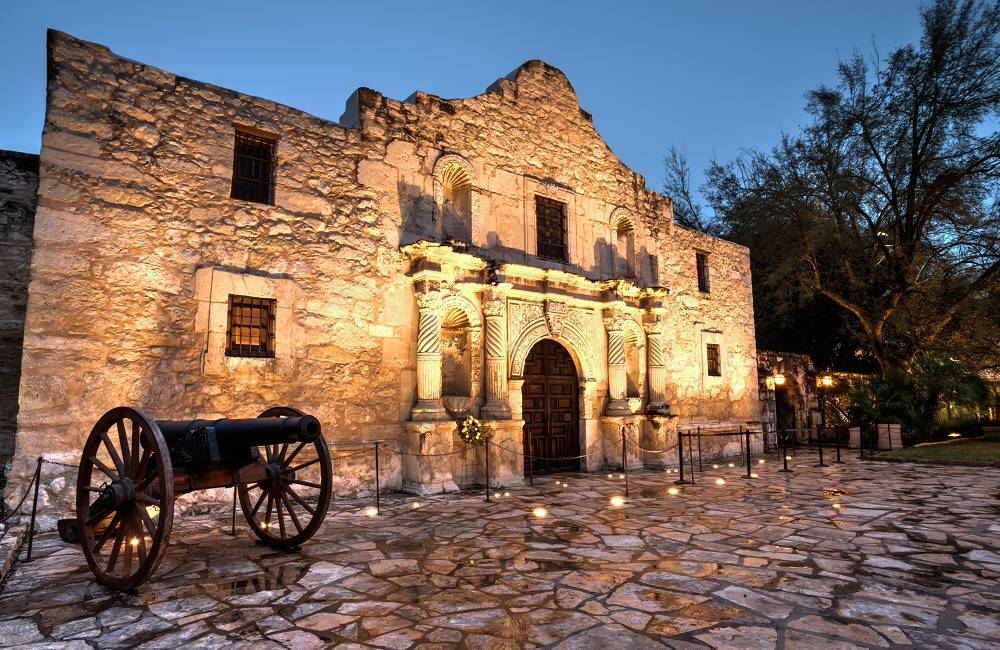
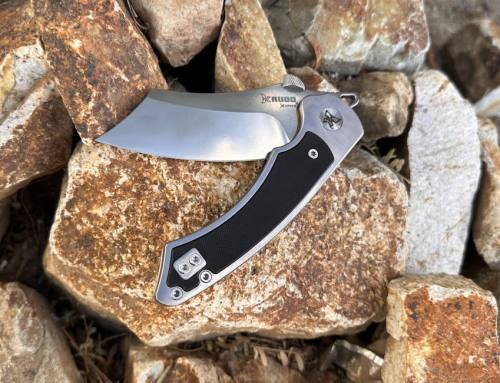

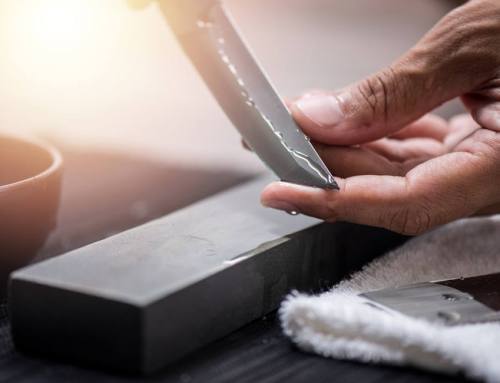
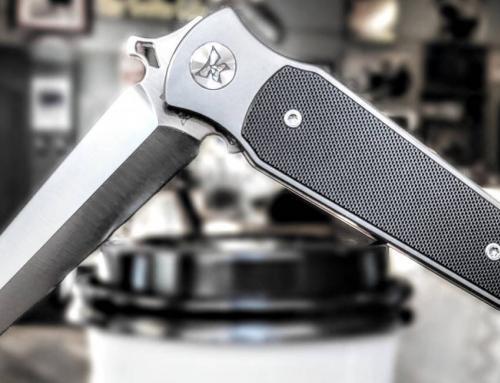
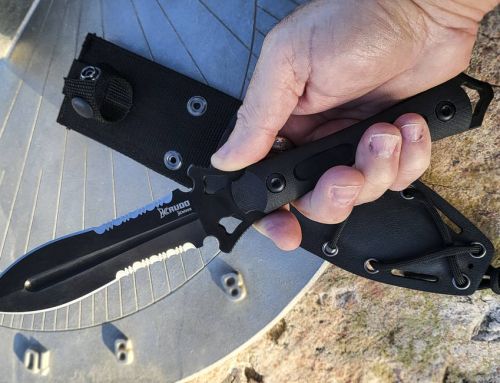
Leave A Comment